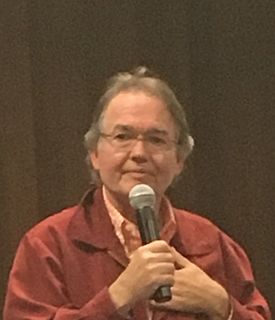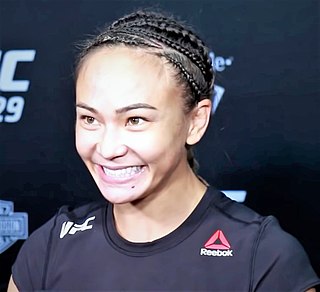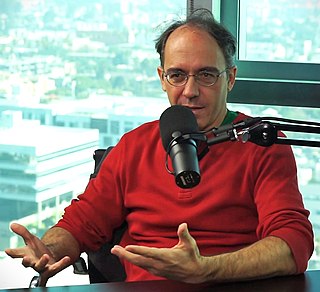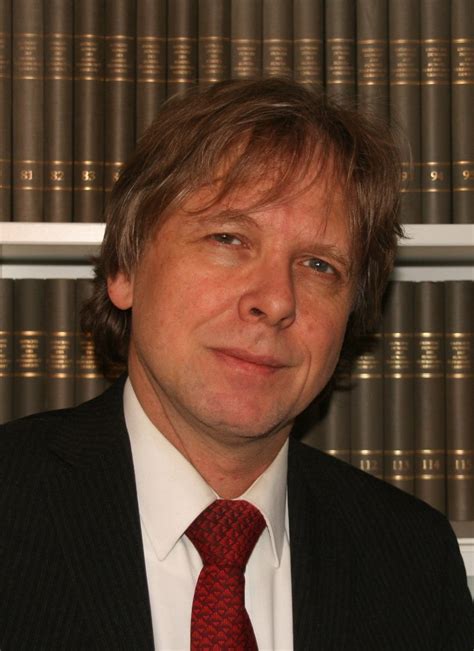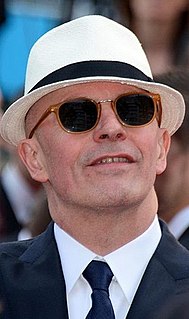A Quote by Mary Oliver
Poetry is one of the ancient arts, and it began, as did all the fine arts, within the original wilderness of the earth. Also, it began through the process of seeing, and feeling, and hearing, and smelling, and touching, and then remembering--I mean remembering in words--what these perceptual experiences were like, while trying to describe the endless invisible fears and desires of our inner lives.
Related Quotes
Art and poetry cannot do without one another. Yet the two words are far from being synonymous. By Art I mean the creative or producing, work-making activity of the human mind. By Poetry I mean, not the particular art which consists in writing verses, but a process both more general and more primary: that intercommunication between the inner being of things and the inner being of the human Self which is a kind of divination (as was realized in ancient times; the Latin vates was both a poet and a diviner). Poetry, in this sense, is the secret life of each and all of the arts.
Art is a funny thing. It's a communicative medium. It really is, and it works outside of literature, the movies, stage, it has its own realm. It's like when you say "The Arts," those are all the arts, dance, theater, ballet. So within that set of areas of expression, we have visual art and it is visual and it's about looking at something and seeing it in the light with our eyes, maybe touching it or not touching it, or wanting to touch it, not being able to touch it.
I don't doubt that at the dawn of martial arts, the main goal was to beat up one's opponents in the most effective way possible. But then, indirectly, the alchemy of martial arts began to strike some chords deep within the spirit of many individuals, transforming living war-machines into poets, artists, and philosophers.
Back in the Bruce Lee era, and in my era, Kung-Fu stirred up a kind of frenzy, and many people were learning martial arts from us. But about a decade ago, Hollywood began bringing in a number of our action choreographers, including two from my own stunt crew, where they became martial arts directors. Now, a decade later, Hollywood has learned it all, so when you look at the action films they're making now, they all use our action, our martial arts, and then add to that their own technology which is ten times better than ours, and it has to leave us dumbfounded: how did they film that?
When I began to listen to poetry, it's when I began to listen to the stones, and I began to listen to what the clouds had to say, and I began to listen to others. And I think, most importantly for all of us, then you begin to learn to listen to the soul, the soul of yourself in here, which is also the soul of everyone else.
... poetry is not a luxury. It is a vital necessity of our existence. It forms the quality of the light within which we predicate our hopes and dreams toward survival and change, first made into language, then into idea, then into more tangible action. Poetry is the way we help give name to the nameless so it can be thought. The farthest horizons of our hopes and fears are cobbled by our poems, carved from the rock experiences of our daily lives.
We are social animals. We like to feel a part of something of beauty and power that transcends our insignificance. It can be a religion, a political party, a ball club. Why not also Nature? I feel a strong identity with the world of living things. I was born into it; we all were. But we may not feel the ties unless we gain intimacy by seeing, feeling, smelling, touching and studying the natural world. Trying to live in harmony with the dictates of nature is probably as inspirational as living in harmony with the Koran or the Bible. Perhaps it is also a timely undertaking.
I was the little French boy who grew up hearing people talk of De Gaulle and the Resistance. France against the Nazis! Then when that boy grew up, he began to uncover things. We began to legitimately ask the question, 'What exactly did our parents do during the Occupation?' We discovered it was not the story they were telling us.
The arts are not a frill. The arts are a response to our individuality and our nature, and help to shape our identity. What is there that can transcend deep difference and stubborn divisions? The arts. They have a wonderful universality. Art has the potential to unify. It can speak in many languages without a translator. The arts do not discriminate. The arts lift us up.




